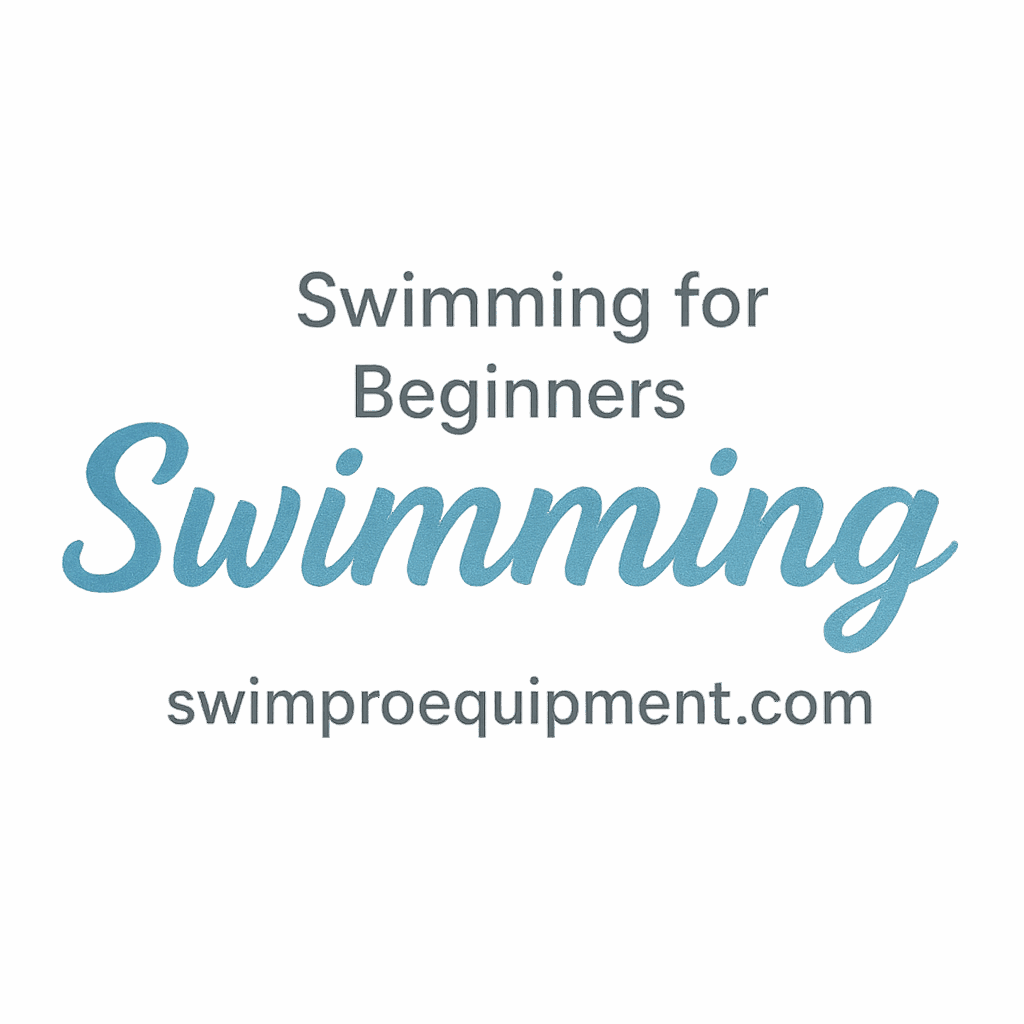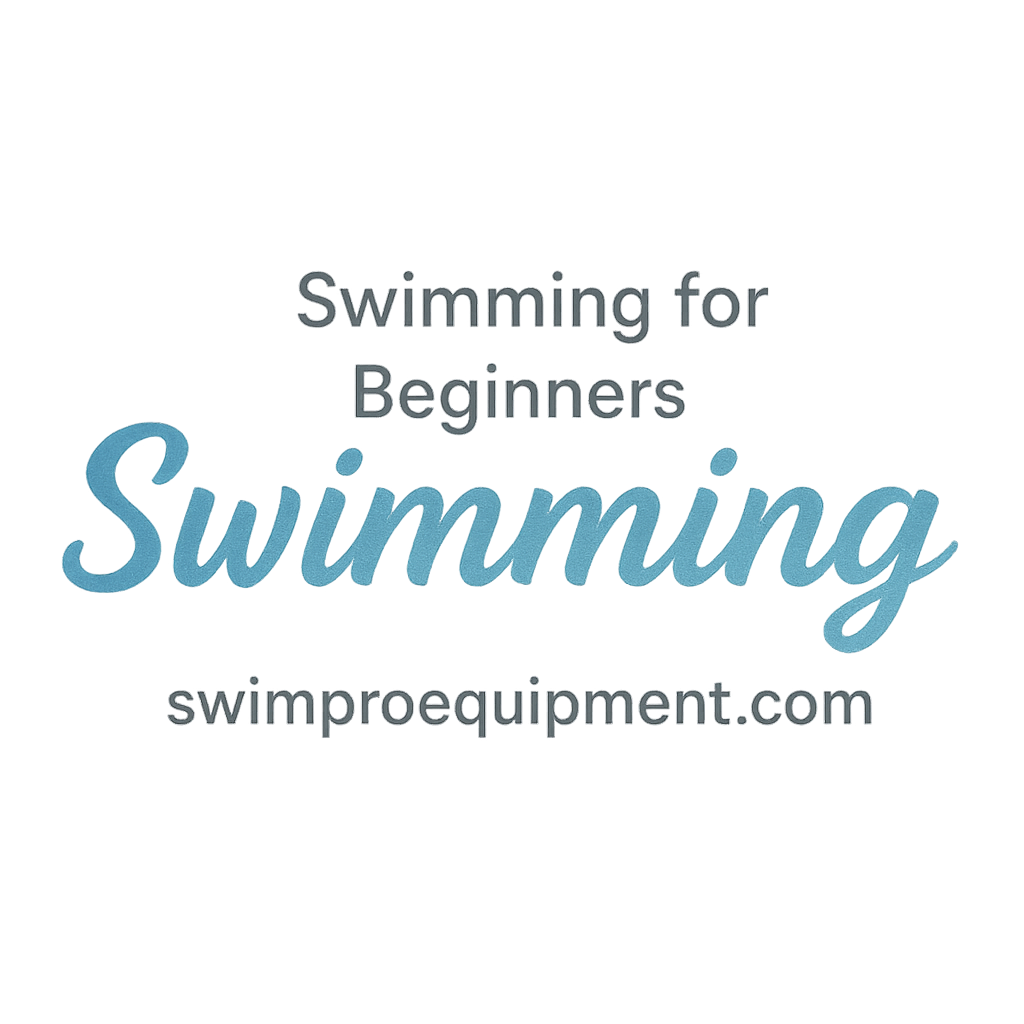Introduction: Why Hydration Matters in Swimming
Whether you’re training for a competition or swimming for fitness, staying properly hydrated is critical for your performance in the pool. Swimming is a rigorous workout that demands a lot from your body, and without adequate hydration, you may experience fatigue, muscle cramps, and even a dip in your overall stamina. In this article, we’ll cover 8 essential hydration tips for swimmers, ensuring you stay energized, perform at your best, and recover effectively.
The Importance of Proper Hydration for Swimmers
Water is much more than a thirst-quencher—it’s an integral part of your body’s ability to function, especially when it comes to athletic performance. For swimmers, staying hydrated can help improve muscle recovery, reduce fatigue, and enhance cardiovascular health. If you’re not hydrated, your performance will drop, and you risk compromising your swimming technique. To get the most out of your time in the water, proper hydration is non-negotiable.
Tip 1: Understand the Role of Water in Your Performance
How Water Affects Your Muscles and Joints
As you swim, your muscles need water to keep functioning efficiently. Dehydration can lead to muscle cramps and joint discomfort, both of which can significantly impact your performance. Water helps lubricate your joints and allows muscles to contract and relax smoothly. When you’re properly hydrated, your body moves more fluidly through the water, making each stroke more effective.
Hydration and Cardiovascular Health in Swimming
Your heart is your powerhouse, and hydration helps maintain cardiovascular health, ensuring that blood can circulate properly throughout your body. Hydrated muscles also receive better oxygenation, which is crucial for endurance. Without enough fluid, your heart has to work harder, reducing stamina and slowing you down.
To ensure your swimming technique is optimal, it’s vital to maintain fluid balance at all stages of training. Proper hydration keeps your energy levels up and supports efficient body movement. Learn more about swimming basics and techniques to boost performance.
Tip 2: Hydrate Before Your Swim
Best Hydration Practices Before Hitting the Pool
It’s easy to overlook hydration before swimming, but doing so can make a world of difference in your performance. Drinking 16-20 ounces of water about 1-2 hours before you swim gives your body time to absorb the fluid. This practice ensures you’re not starting your swim on a hydration deficit.
If you’re planning for an intense training session, it’s best to increase your water intake slightly, especially on warmer days. For those just starting out, ensure you have a solid hydration routine, like following the beginner’s guide to swimming.
Tip 3: Stay Hydrated During Your Swim
How to Hydrate Between Sets and Routines
It’s not only about drinking before or after your swim. You also need to hydrate during your swim—especially during longer sessions. Try drinking 5-10 ounces of water every 30 minutes. If you’re swimming outdoors or in a hot environment, your body loses fluid faster, so it’s essential to increase your intake.
You might feel like you can’t drink while swimming, but there are ways to make it work. Some swimmers keep a water bottle on deck, taking quick hydration breaks between sets. Or you can use specialized hydration gear designed for swimmers.

Tip 4: Rehydrate After Swimming
The Best Post-Swim Hydration Strategies
Your hydration strategy shouldn’t end the moment you leave the water. After your swim, it’s essential to replenish lost fluids. Aim to drink 20-24 ounces of water within 30 minutes of finishing your swim. This helps your body recover, restoring fluid levels lost through sweat.
Importance of Electrolytes in Post-Swim Recovery
While water is essential, don’t overlook the importance of electrolytes—especially after intense swim sessions. Electrolytes like sodium, potassium, and magnesium help to restore muscle function and regulate fluid balance. Post-swim drinks that contain these minerals are perfect for quicker recovery and reducing the risk of injury prevention.
For a complete recovery, read more about swimming safety and health in our other resources.
Tip 5: Choose the Right Hydration Beverages
Water vs. Sports Drinks: Which is Better for Swimmers?
When choosing a beverage, you might wonder if sports drinks are better than water. For most swimmers, water should be your primary source of hydration, particularly during shorter sessions. However, for longer or more intense swim workouts, an electrolyte-enhanced sports drink may provide extra benefits.
Sports drinks are designed to replenish lost electrolytes and provide carbs for energy, especially useful during endurance swims or high-intensity intervals. For swimmers who are training seriously, check out our guide on swimming gear and equipment for performance-enhancing products.
The Role of Electrolytes and Carbs in Performance
In sports drinks, the combination of electrolytes and carbs supports better muscle performance and longer endurance. Opt for drinks with about 6-8% carbs and a reasonable amount of sodium to replace what’s lost during your swim. Make sure to avoid sugary, artificial drinks that may cause more harm than good.
Tip 6: Avoid Caffeine and Alcohol Before Swimming
How Caffeine and Alcohol Affect Your Hydration Levels
Although caffeine and alcohol may give you a temporary boost, they are both diuretics—which means they encourage your body to expel more water than it takes in. Before your swim, it’s best to avoid these substances, as they can contribute to dehydration and leave you feeling sluggish.
For swimmers, proper hydration is key, so try to stay away from caffeine-laden energy drinks or alcoholic beverages before your workout.
Tip 7: Monitor Your Fluid Intake Based on Swimming Intensity
Adjusting Your Hydration Needs for Intense Workouts
As you dive into more intense swim training, your hydration needs may increase. Swimmers who are performing high-intensity interval training (HIIT) or endurance swimming will lose more fluid and need to drink more. Keep a water bottle nearby and aim to drink regularly throughout your session. Monitor how much you drink and adjust based on the duration and intensity of your workout.
If you’re new to swimming, start with the basics, and as you progress, gradually modify your fluid intake with our training workouts for beginners.
Tip 8: Track Your Hydration Progress Over Time
Using Technology to Monitor Your Hydration Levels
Tracking your hydration progress can be incredibly helpful in understanding your needs. There are plenty of apps and wearable tech that can track how much water you drink, as well as your overall hydration habits. By logging your fluid intake, you’ll be able to spot trends and make adjustments over time.
Additionally, keeping track of your swimming progress over time can also help ensure that your hydration strategy aligns with your performance improvements.
How to Improve Hydration Consistency
Consistency is crucial. Don’t wait until you’re thirsty to hydrate; develop a regular hydration routine that you stick to. Your body will thank you, and you’ll notice the difference in your swimming performance. Start by setting daily hydration goals and track them in a hydration app or journal.
Conclusion: Staying Hydrated for Peak Swimming Performance
In conclusion, proper hydration is the cornerstone of peak swimming performance. By following these 8 hydration tips, you’ll stay energized, prevent dehydration, and ultimately swim faster and longer. Make hydration a priority, not just before but also during and after each swim session. This will not only help you feel better in the water but also support long-term health and performance gains.
FAQs
1. How much water should I drink before swimming?
Aim for 16-20 ounces of water 1-2 hours before your swim to ensure you’re properly hydrated.
2. Can I hydrate with sports drinks during swimming?
Yes! Sports drinks with electrolytes are great for longer sessions or high-intensity swims, but water is still the best option for shorter swims.
3. What happens if I swim without proper hydration?
Dehydration can lead to fatigue, muscle cramps, and reduced performance. It’s crucial to hydrate before, during, and after swimming.
4. How do I know if I am properly hydrated for a swim?
Check the color of your urine—it should be pale yellow. If it’s dark, you’re likely dehydrated.
5. Can I hydrate too much before swimming?
While hydration is essential, drinking excessive amounts of water too close to your swim can lead to overhydration or water intoxication. Stick to recommended amounts.
6. How often should I hydrate while swimming?
Drink 5-10 ounces every 30 minutes during your swim, especially if you’re swimming for more than 30 minutes.
7. What are the signs of dehydration in swimmers?
Dizziness, dry mouth, fatigue, and muscle cramps are all signs of dehydration. Drink regularly to avoid these symptoms.


